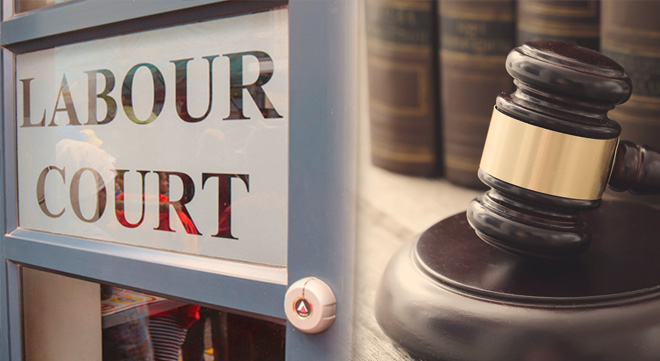Published
7 months agoon
By
zaghrah
In a case that shines a spotlight on the fine line between oversight and retaliation, former Deputy Director-General at the Department of Sport, Arts and Culture (DAC), Kelebogile Sethibelo, has lost her battle to be reinstated after being dismissed for attempting to expose a whistle-blower. However, the Labour Court did find part of the process leading to her termination to be flawed and awarded her four months’ compensation.
The conflict dates back to 2019, when Sethibelo, a senior DAC official, allegedly instructed the CEO of the National Arts Council (NAC) to unmask a whistle-blower who had leaked information about mismanagement and corruption within the department to the media. The leak prompted internal investigations and significant public scrutiny.
But instead of welcoming the whistle-blower’s allegations, Sethibelo was found to have tried to expose the person’s identity—contravening the Protective Disclosures Act and the DAC’s internal whistle-blower protection policies.
Her subsequent absence from the disciplinary hearing led to her dismissal in her absence, a move she later challenged at the bargaining council and again, unsuccessfully, before an arbitrator.
The matter recently reached the Johannesburg Labour Court, where Sethibelo argued that her dismissal was both procedurally and substantively unfair. She claimed the arbitrator had ignored critical evidence, including her assertion that she never received a fair hearing.
But the court didn’t buy it. Judges said her email to the NAC CEO was not a benign act of oversight, it was a direct attempt to identify and expose a whistle-blower, which violated DAC’s whistle-blower protections. The argument that the whistle-blower didn’t fall under DAC’s purview was dismissed, with the court affirming that NAC staff are protected by DAC’s internal whistle-blowing policies.
“Rather than investigating the allegations themselves, the applicant was concerned with discovering the whistle-blower’s identity,” the court noted.
Still, it wasn’t a complete loss for Sethibelo. The court agreed that the second charge, that she took unauthorised leave during her disciplinary proceedings, was procedurally unfair. While her employer had attempted to revoke her leave, this was never formally executed, and her leave remained a contractual right.
As a result, while the dismissal itself stands, the court awarded her four months’ salary as compensation for the procedural lapse.
The case highlights a growing tension within South Africa’s public institutions: balancing the need for internal accountability with the legal obligation to protect whistle-blowers. With corruption scandals still fresh in the national memory, particularly those involving the arts sector and public funds, this ruling sends a clear message.
Even powerful officials must tread carefully when addressing internal leaks. Whistle-blowers are protected by law and those who try to silence them may face serious consequences.
Sethibelo may have walked away without her job, but the court’s compensation order acknowledges that even state departments must follow due process. And as for the whistle-blower? South Africa’s legal framework, it seems, is still holding the line, at least for now.
{Source: IOL}
Follow Joburg ETC on Facebook, Twitter , TikTok and Instagram
For more News in Johannesburg, visit joburgetc.com


Paying for Safety: Frustrated Umhlanga Residents Offer R60,000 Per Speed Hump to Stop Street Racers


Driver Wins Labour Court Appeal as Hearsay Evidence Overturns Dismissal Ruling


South Africa in the Epstein Files: What the Mentions Actually Mean


Search Continues for Missing 16-Year-Old Girl After Gqeberha Beach Tragedy


The Digital Landscape of South Africa: A Story Told by Its Top Websites , Updated From December 2025


“Stalingrad Tactics”: Labour Court Slams DG’s Bid to Stop Disciplinary Hearing Over Inquiry Delays















